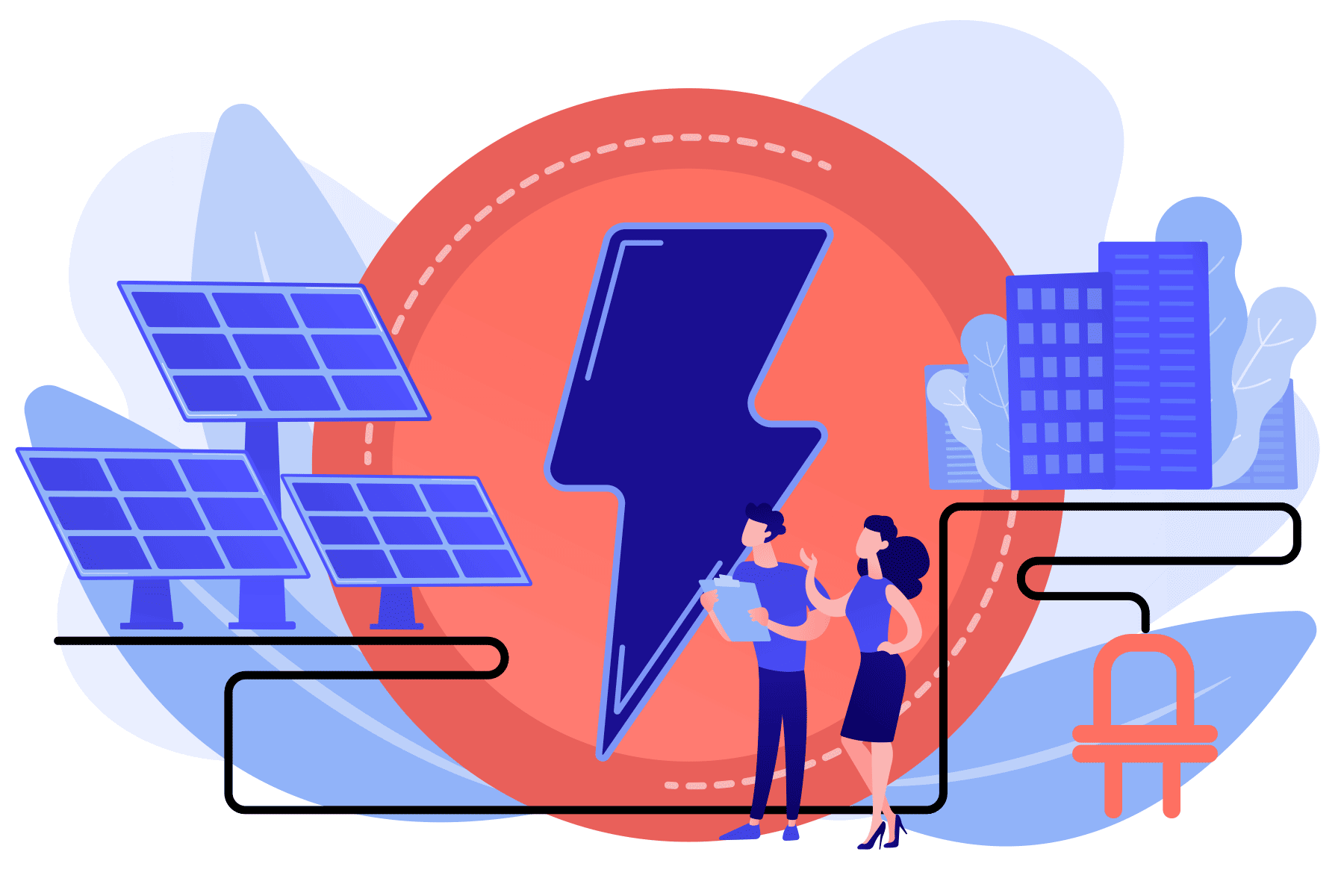Ukrainian communities, households, small and medium businesses need to be able to rely on professionals who look at energy assets (buildings, production sites etc.) from an integrated point of view (both from the demand and supply side). Such experts could propose needs-based, smart, scenario-backed options for both energy efficiency and renewables deployment, taking into account various government and international regulatory and funding options, especially in the context of the EU integration.
We see the establishment of a proven “energy consultants” system, variations of which are functioning in Germany, Sweden, the Netherlands and other countries, as one of the key instruments required to address these challenges.
In light of the challenges posed by russia’s attacks on Ukraine’s centralized energy system, the focus on decentralized energy alternatives has intensified. Recently, there has been rapid growth in small-scale renewable generation, particularly solar installations by households, businesses, and municipal institutions. Ukrainian civil society, advocating for green and sustainable reconstruction, has been actively supporting this transition.
Supported by the Renewables for a Resilient Ukraine (R2U) project, funded by IKI/BMWK, the efforts of NGOs have already enabled the implementation of nearly 50 renewable energy projects, primarily small-scale solar installations for hospitals, schools, and water utilities. While these achievements underscore the potential of renewable energy, they also highlight the need for a structured, sustainable approach.
To ensure a broader and more sustainable impact, Ukraine requires a self-sustaining “energy consultants” system. Such a system, supported by international and state funding, would allow communities, businesses, and households to benefit from expert advice on energy efficiency and renewable energy solutions.
Read full text:
Recommendations for the establishment of a systematic instrument of ”energy consultants” in Ukraine (PDF)

